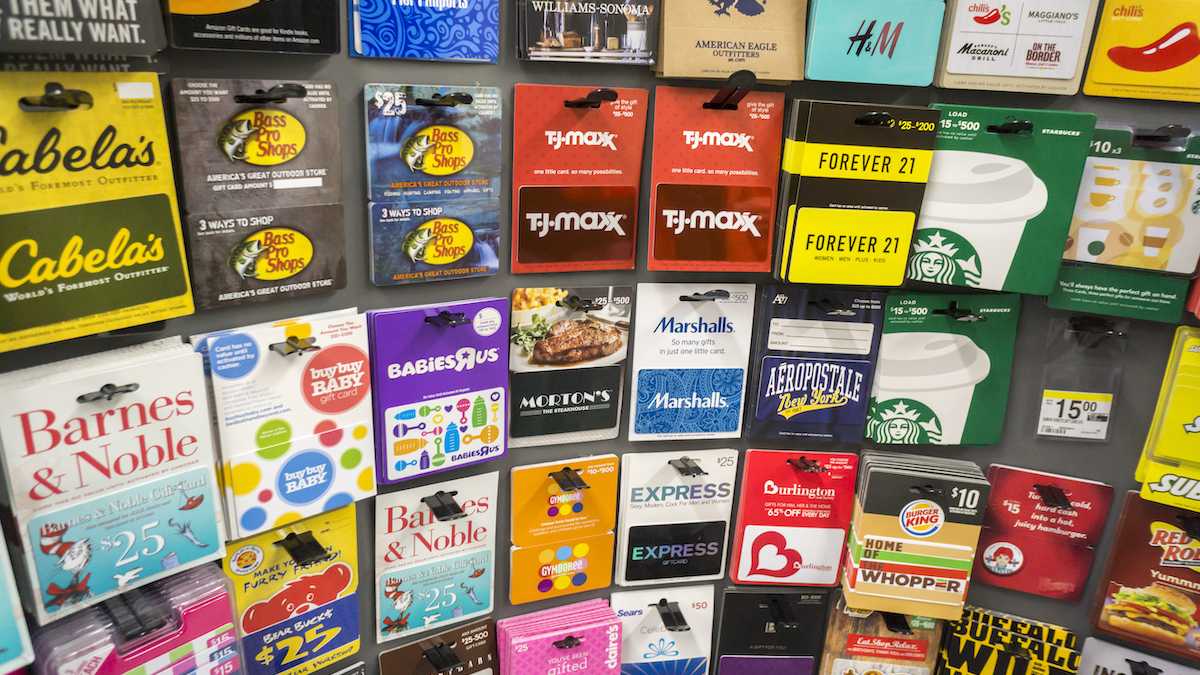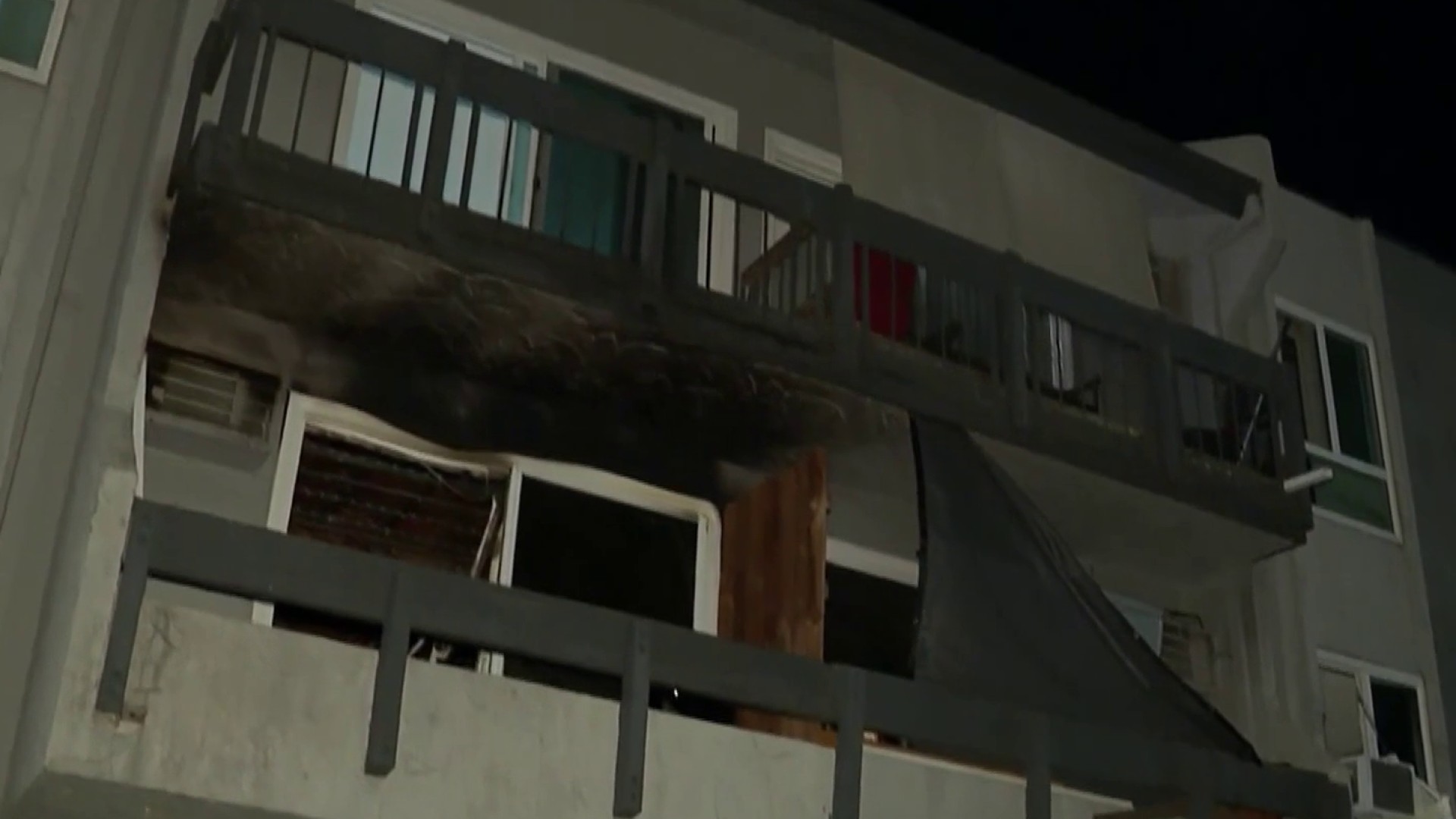What happens to boxers, happens to linebackers, happens to forwards, and it happens to soldiers.
For Doctor David Hovda, Professor and Vice Chairman of Research Affairs and Director of UCLA Brain Injury Research Center, it happens to be his lifelong mission, he calls it his duty, and obligation as a citizen, to find ways to protect people from permanent brain damage from head injuries.
"Although it seems odd, the diagnosis of concussion is sort of like the silent injury, both in the civilian world, as well as the military," said Dr. David Hovda, Professor and Vice Chairman of Research Affairs and Director of UCLA Brain Injury Research Center.
Hovda is a neuroscientist who founded the UCLA Brain Injury Research Center. One of his many areas of research is what can happen if a head trauma is not treated with the utmost care, because a second injury can sometimes be worse than the first if that person is not fully recovered.
"It's sort of like an energy crisis. If you expose the brain to another high energy demand, be than another injury, or a seizure, or just a lot of mental activity, you can actually do more harm after a concussion," said Hovda.
Sometimes Hovda's biggest battle is with human nature. Injured soldiers want to get back in the fight. Injured athletes want to get back in the game.
"Athletes and military personnel lie," said Hovda. "If you ask them if they're ok, 'absolutely I'm ok.'"
Local
Get Los Angeles's latest local news on crime, entertainment, weather, schools, COVID, cost of living and more. Here's your go-to source for today's LA news.
Hovda's findings are helping thousands prevent further, more serious brain injuries.
"So some of these long term problems, like post-traumatic stress, dementia, anxiety, sleep disorders, alcoholism, drug abuse, that may be something we can really make a difference with," said Hovda.
And now the man who's life passion has lead to changes in the way the military treats its wounded soldiers, who's mission has also been to caution athletes from the pros on down, is headed from UCLA to Arlington Virginia and Fort Meyer where he will receive the army's highest civilian honor, the Strength of the Nation Award.
Hovda said he's proud to accept the award, because he is so proud of the work he and his team are doing.
"It is one of the most touching, and proud moments of my life," said Hovda. "I've always wanted to do something for my country."



